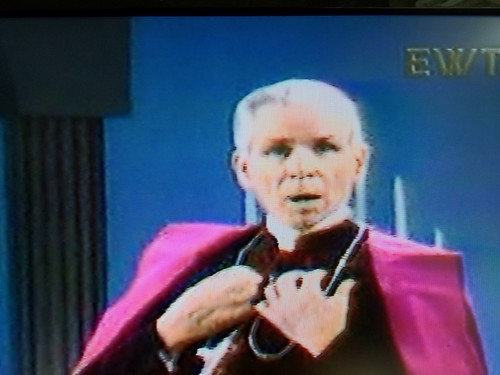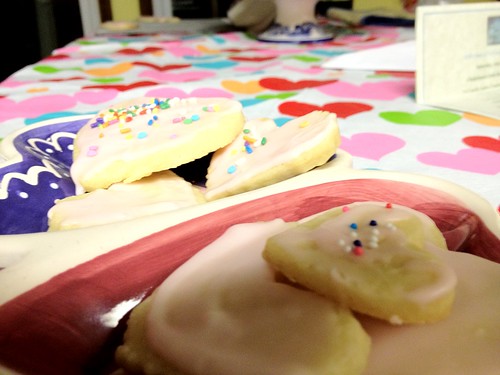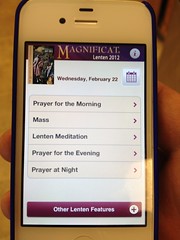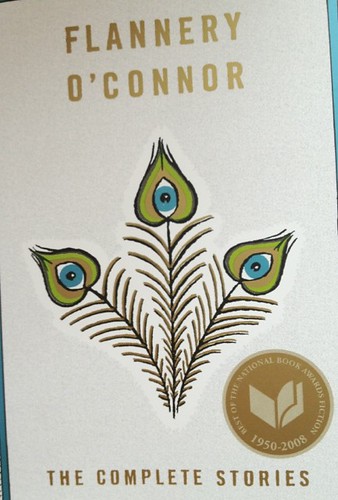 |
| Flannery's Bird - KJW |
One of my Lenten observances this year is to read all the stories of Flannery O’Conner. I’m about five stories into the collection. The Geranium and The Barber, her first two stories, follow each other in the collection for a reason. Both stories confront the same spiritual problem from different angles.
In The Geranium, Dudley is transplanted from his boarding house in the deep south to his daughter’s tenement apartment in New York. The story follows Dudley as he confronts is unease with city life, then suffers a sense of physical and mental shock when he discovers that blacks and whites live in the same building. He has a near stroke after being helped up the stairs by his black neighbor.
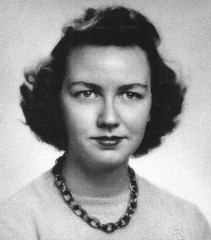 |
| Flannery O'Connor |
In The Barber, Rayber is incensed that his barber and all of his cronies in the barber shop are staunch supporters of a segregationist candidate for governor. Since he is a college professor, he is confident he can articulate his support for the other candidate and argue the barber down. The problem is that he can’t seem to verbalize his thoughts. He leaves the barber shop humiliated, telling them that he will be back with a convincing argument to vote for the opponent. Over the next couple of weeks, in drafts a lengthy speech in support of his candidate.
On the way to the barbershop for his next haircut, he passes by the feed store. In the window, is a display of automatic chicken killers. The sign in the window proclaims, “So Timid Persons Can Kill Their Own Foul!”. Not taking the hint, Rayber continues on his way to the barbershop.
The professor is geared up to blast them with his finely honed speech, but the first few minutes of the conversation with the barber is all smalltalk. He finally broaches the subject himself and launches into the first sentence of his speech. The barber and his pals are not even listening.
Rayber turns beet faced, pushes the barber onto the adjacent chair and runs from the shop with lather still dripping from his chin.
The spiritual problem is the same for both men. When we view others through the lens of race, political ideology or religion etc., we place scales on our eyes. We no longer see those others as our neighbors, we see them as enemies. The professor, even though his views are easier to defend, is guilty of the same treatment of his neighbor as is Dudley in the geranium. Neither man can see through their prejudices to recognize the people on the other side of them.
How do you embrace what you know to be right while showing love for those who disagree? It’s one of the mysteries of Christian life.







